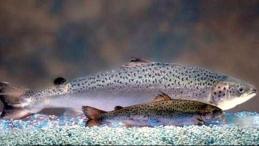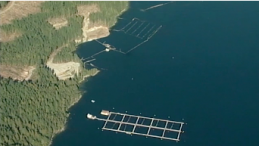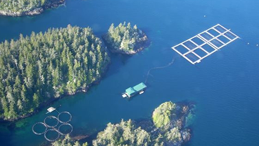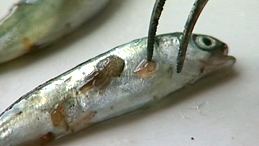ISA virus confirmed in AquaBounty’s genetically-engineered salmon
VANCOUVER, B.C. – A 2009 memo from Fisheries and Oceans Canada (DFO) entered into evidence at Canada’s federal Cohen Inquiry into the collapse of Fraser River sockeye Thursday reveals that salmon at the AquaBounty facility in Price Edward Island have tested positive for the Infectious Salmon Anaemia (ISA) virus.




